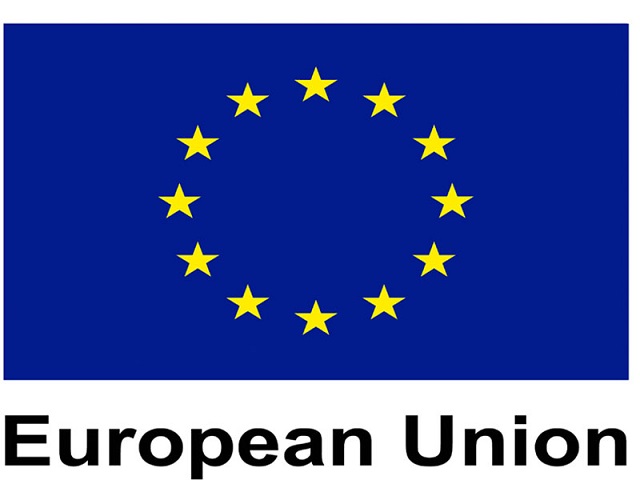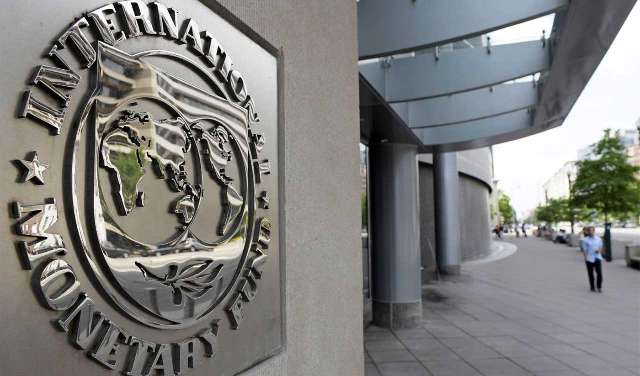European Union countries have approved plans for trade talks with the United States.
President Donald Trump and the head of the European Commission, Jean-Claude Juncker, agreed last year that they wanted to reduce trade barriers.
The decision by EU ministers gives the Commission authorisation to conduct formal talks.
But there is already a disagreement over whether farm goods should be covered by the talks.
If the talks do get going, it would not be the first attempt by the two sides to make a bilateral trade agreement.
Under President Barack Obama, the US and the EU had a programme of negotiations known as the Transatlantic Trade and Investment Partnership, or TTIP.
US proposes tariffs on EU cheese and wine
It was very controversial, especially in Europe. Among the many criticisms from campaigners was the view that it would have given too much scope for international businesses to challenge the decisions of elected governments.
In any event, TTIP was abandoned.
The proposals now coming out of Brussels are much less wide-ranging than TTIP was.
Breaking barriers
EU ministers have given the Commission – which conducts trade talks on the group’s behalf – a mandate to negotiate on two tracks.
One is to seek the elimination of tariffs (taxes on imports) on industrial goods on a “reciprocal basis”.
The second is intended to reduce regulatory barriers to trade, specifically in an area known as conformity assessment. That is the procedure by which regulators ensure that goods comply with, for example, safety rules before they are made available for sale.
The idea is to develop arrangements that would enable an agency in the EU (or the US) to certify that a product complies with all the relevant rules in the US (or the EU).
Getting goods assessed by an agency in a firm’s home country can be cheaper and less difficult. The Commission says this is especially an issue for smaller businesses.
Analysis by the Commission said that eliminating tariffs could boost EU exports to the US by 7% and slightly more for goods shipped in the opposite direction.
French opposition
The EU’s decision was not unanimous. France voted against and Belgium abstained.
French officials in particular are reported to be opposed to trade negotiations with the US because of the Trump administration’s decision to withdraw from the Paris Agreement on tackling climate change.
France has, however, been outvoted. But the negotiating guidelines given to the Commission do respect French concerns in that they do not allow for talks on cutting tariffs on agricultural goods.
This could be a major obstacle to negotiations , because the US does want farm goods included.
Germany was particularly keen to make progress with the talks.
President Trump is considering new tariffs on car imports. The US is an important market for German carmakers and getting the talks going could reduce the risk that the US might act.
The bilateral tension was increased further last week, when the US announced a list of European goods for extra tariffs in retaliation for subsidies to the aircraft maker Airbus. The US has won a World Trade Organization dispute in which it claimed the subsidies were prohibited under WTO rules.
The US is waiting for a WTO arbitrator to rule on how much retaliation it can apply. The EU has also won a case against the US over aviation subsidies to Boeing.
Source: BBC
















